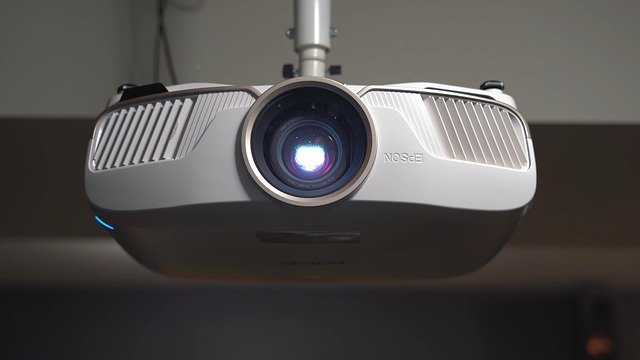Unlocking Home Equity: Understanding Reverse Mortgages for Seniors
A reverse mortgage is a unique financial product designed specifically for seniors, offering a way to access home equity without selling their property or taking on traditional loan payments. This specialized loan option has gained popularity among retirees looking to supplement their income or fund their retirement years. In this article, we'll explore the ins and outs of reverse mortgages, their benefits, potential drawbacks, and how they fit into overall retirement planning strategies.

The loan becomes due when the homeowner sells the house, moves out, or passes away. At that point, the loan balance, including interest and fees, must be repaid, typically through the sale of the home. If the home’s value exceeds the loan balance, the remaining equity goes to the homeowner or their heirs[2].
What are the eligibility requirements for a reverse mortgage?
To qualify for a reverse mortgage, homeowners must meet several criteria:
-
Age: The youngest borrower must be at least 62 years old.
-
Home ownership: The home must be the borrower’s primary residence.
-
Equity: Substantial equity in the home is required, typically at least 50%.
-
Property type: Most reverse mortgages are for single-family homes, but some condos and manufactured homes may qualify.
-
Financial assessment: Borrowers must demonstrate the ability to pay property taxes, insurance, and maintain the home[3].
How can seniors use reverse mortgage funds in retirement?
Reverse mortgages offer seniors flexibility in how they use the funds:
-
Supplement retirement income: Regular payments can help cover living expenses.
-
Pay off existing mortgage: Eliminating monthly mortgage payments can free up cash flow.
-
Home improvements: Funds can be used to modify the home for aging in place.
-
Healthcare costs: Cover medical expenses or long-term care needs.
-
Debt consolidation: Pay off high-interest debts to improve overall financial health.
-
Emergency fund: Establish a line of credit for unexpected expenses[4].
What are the potential risks and drawbacks of reverse mortgages?
While reverse mortgages can provide financial benefits, they also come with potential risks:
-
Reduced inheritance: The loan balance grows over time, potentially leaving less equity for heirs.
-
Fees and costs: Reverse mortgages often have higher upfront costs than traditional mortgages.
-
Complexity: The terms and conditions can be complicated and difficult to understand.
-
Impact on benefits: Loan proceeds may affect eligibility for certain government assistance programs.
-
Foreclosure risk: Failure to pay property taxes, insurance, or maintain the home can lead to foreclosure[5].
How do reverse mortgages fit into overall financial planning for seniors?
A reverse mortgage should be considered as part of a comprehensive retirement strategy:
-
Assess needs: Determine if accessing home equity is necessary to meet financial goals.
-
Explore alternatives: Compare reverse mortgages with other options like downsizing or home equity loans.
-
Consult professionals: Seek advice from financial planners, tax advisors, and elder law attorneys.
-
Consider long-term implications: Evaluate how a reverse mortgage may impact future plans and estate goals.
-
Family discussion: Involve family members in the decision-making process to avoid potential conflicts[6].
What are the costs associated with reverse mortgages?
Understanding the costs involved in a reverse mortgage is crucial for making an informed decision:
| Cost Type | Description | Typical Range |
|---|---|---|
| Origination Fee | Charged by the lender for processing the loan | Up to $6,000 |
| Mortgage Insurance Premium | Required for federally-insured reverse mortgages | 2% of home value upfront, 0.5% annually |
| Appraisal Fee | To determine the home’s value | $300 - $500 |
| Closing Costs | Various fees such as title search, insurance, etc. | $1,000 - $2,500 |
| Servicing Fees | Ongoing fees for loan administration | $30 - $35 per month |
Prices, rates, or cost estimates mentioned in this article are based on the latest available information but may change over time. Independent research is advised before making financial decisions.
In conclusion, reverse mortgages can be a valuable tool for seniors looking to leverage their home equity in retirement. However, they are not without risks and costs. Careful consideration, thorough understanding of the terms, and professional guidance are essential when deciding if a reverse mortgage is the right choice for your financial situation. By weighing the benefits against the potential drawbacks and considering how it fits into your overall retirement plan, you can make an informed decision about whether a reverse mortgage aligns with your long-term financial goals.






